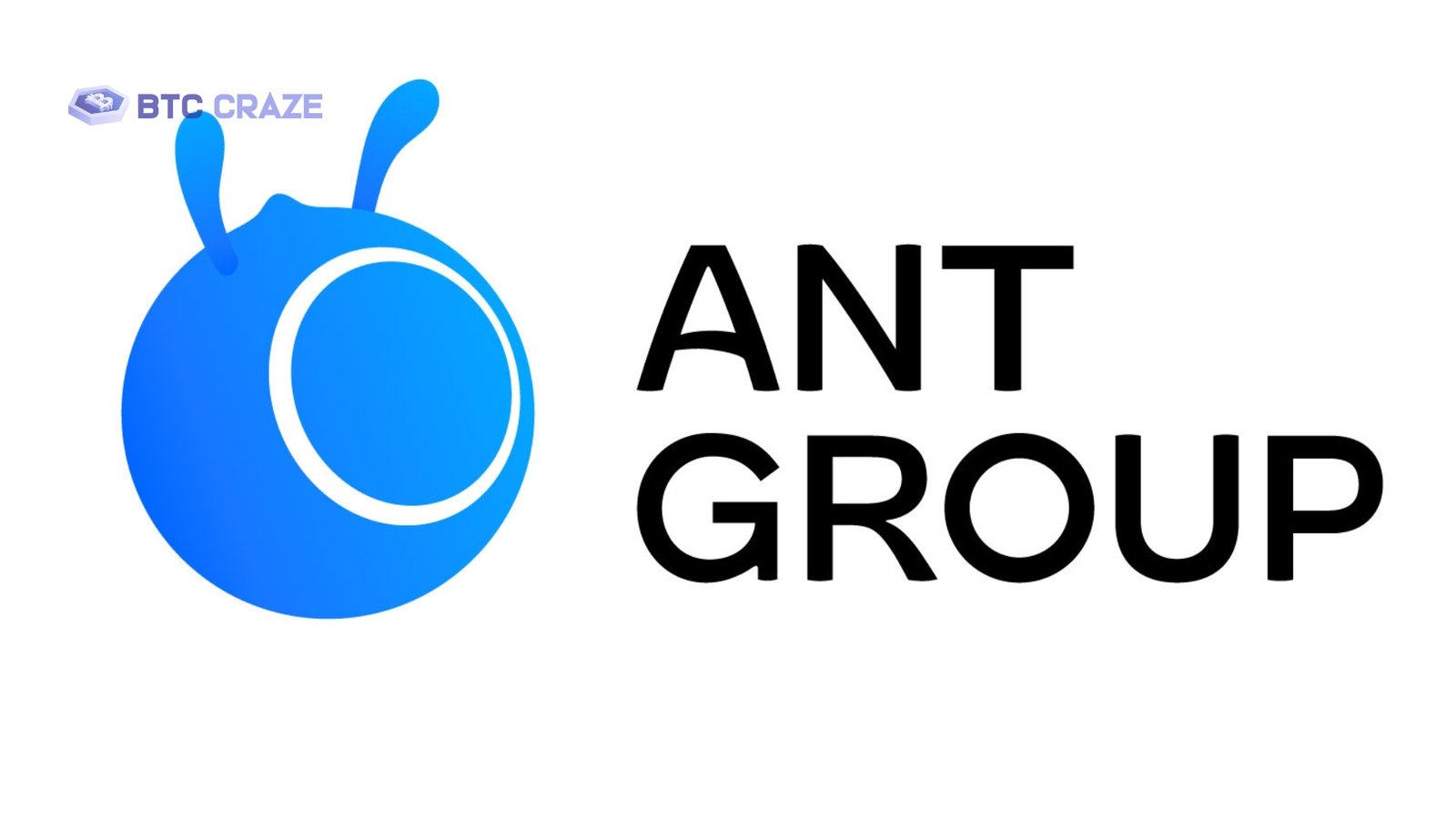Top Fintech Bodies: “Fintech” is a descriptor for all the remarkable technological innovations that have changed the way people and companies, respectively, manage their Money. Fintech companies have upstaged the traditional financial services industry by providing technology-based alternatives that are more efficient, easier to use, and less costly. A growing trend with each passing year is that private equity firms boast several billion dollars in investment, which also births behemoths of well-known and unknown newcomers. A number of the top fintech companies making a big difference in the financial sector are highlighted in this article.
Stripe
Stripe is a financial technology company from San Francisco that provides payment gateway options for e-commerce websites. Patrick and John Collison are the two brothers who founded the startup in 2010. Initially, Stripe’s only product was an easy way for businesses to accept payments online, but now it has expanded its services to include billing, fraud prevention, and business financing. It handles over a billion dollars annually and boosts the development of thousands of companies, from startups to Fortune 500 firms.

Stripe is the most successful company in the fintech sector thanks to its transnational network, innovative digital tools, and ability to make secure payments easy. Stripe has entered the banking services market through partnerships with large banks and remains the front-runner in the fintech industry.
Square
2013 Square increased its client base with the Cash App, which introduced a Venmo-like peer-to-peer payment service. The emergence of Cash App, one of the fastest-growing digital wallet applications, includes direct deposit options, stock trading, and bitcoin transaction functionalities. Square’s comprehensive array of financial services, payroll, and payment solutions makes it a highly potent organization in the fintech sector.
PayPal
PayPal, one of the earliest fintech companies, has a history dating back to 1998. They brought Internet payments to the next level by enabling users to send cash through the web without the hassle of bank accounts. Over the years, PayPal’s strategy of introducing new services and geographical expansion helped it to move into the top positions in the market. The worldwide network of PayPal users adopting their platform makes it a global payment option preferred by over 400 million customers in 200 markets.

PayPal’s involvement in the peer-to-peer payments industry came with the 2014 acquisition of Venmo. Since then, offering two new services, “Buy Now, Pay Later” (BNPL) and the use of cryptocurrencies and business solutions, have been the two measures through which the company was able to remain a leader in the fintech sector. Because it has a worldwide presence and can easily change its form, PayPal is a critical player in the market.
Robinhood
Robinhood, a fintech firm, has enabled many amateur investors to enter the market quickly by implementing a commission-free trading platform. In 2013, Robinhood was considered a go-to place for younger investors who are very much technology-oriented and who were rejoicing that they could trade stocks, funds, options, and cryptos for free.
Likewise, even though it’s true that these days, Robinhood has received a lot of backlash for its role in the GameStop trading panic and some other market events, it has changed the way millennials and Gen Zers have observed investing. It primarily introduced retail investing by allowing direct purchase of stocks from the mobile interface and user-friendly design. One of the intensities of fintech, Robinhood, stands as a is millions of customers, which is further extended with additional services ranging from cash management to regular investments.
Klarna
A Swedish firm called Klarna took the initiative to introduce the buy now pay later (BNPL) program to the market, which allows consumers to divide the payment of the more oversized items within months or years without or with interest. In recent years, Klarna has increased its services to other countries in North America and Europe as the company extended its relationships with hundreds of online stores.
Klarna is a company that makes shopping less stressful and always gets a lot of high-fives from its fans. Klarna and the increasing BNPL movement have the most significant influence on the retail and fintech sectors. It is currently one of the world’s most valuable financial technology companies.
Ant Group

Alipay was created as an escrow service in 2004 to promote Alibaba’s online store platforms, and it has now become. An all-inclusive financial ecosystem that offers various services and products, such as loans, wealth management, insurance, and payments.
Ant Group planned to introduce the world’s demonstration, demonstrating modifications. However, the company postponed the IPO after obtaining regulatory clearance. In this regard, Ant Group undoubtedly is a colossus in the fintech industry. It has a predominant role in Southeast Asia and China’s market. As a result of its massive bulk and vast geographical distribution. The technology-enabled financial sector is enriched by it in the world outside China.
Adyen
Due to the Dutch company Adyen, customers at global businesses can make payments through various online, mobile, and in-store channels. Launched in 2006, Adyen stands out with the help of a single platform for companies that want to manage their payments at the international and currency levels.
Microsoft, Uber, and Spotify rely on Adyen because, with Adyen’s technology, they can receive payments from digital wallets, local payment methods, and credit cards. Adyen’s simplified worldwide payment process, which is increasingly being valued in the e-commerce sector, places it as the leader in fintech companies.
Chime
In the finest instance, Chime’s customer-centric business strategy has. Allowed it to grow by simplifying banking services that do not include the expenses incurred for the upkeep of brick-and-mortar banks. By building a mobile-first platform and promoting financial inclusion. Chime is one of the world’s leading neobanks, which is leading to the rising demand for digital banking.
SoFi
From its humble beginnings in 2011 as a company specializing in refinancing student loans, SoFi (Social finance) has grown into. A comprehensive provider of financial services, including personal loans, mortgages, credit cards, investing, and more. By offering all-inclusive financial solutions in one location, SoFi aims to assist individuals in achieving economic independence.
After continuing to expand its user base, SoFi became public in 2021 via a SPAC merger. The company has established itself as a formidable participant. In the fintech industry, thanks to its recent acquisition of a banking charter and the introduction of SoFi Invest. This platform provides commission-free stock and ETF trading. SoFi differentiates itself from rivals by taking a comprehensive view of consumer financing.
Summary
Technology-based companies that disrupt the traditional financial services sectors. Are spearheading the driving forces of the continued development of the fintech industry. Fintech companies are transforming many areas of the relationship with Money, such as investing, loans, and payment. Pioneering companies like Robinhood, Stripe, Square, and PayPal have set the groundwork for the future of Money. These top fintech startups are revolutionizing the world with financial services transfer, shared and free investment, and simple banking.
[sp_easyaccordion id=”5164″]

